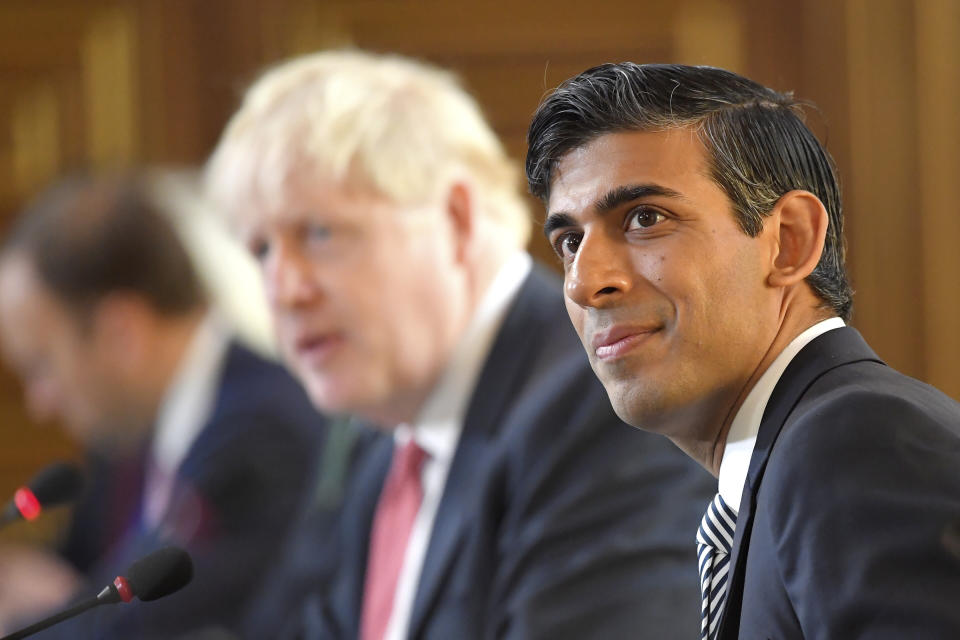Job Support Scheme could cost UK government £10bn

The UK chancellor’s latest shot in the arm for the British economy could cost £15bn ($19.6bn) over the next six months, with the majority going towards the Treasury’s new and improved Job Support Scheme.
Chancellor Rishi Sunak on Thursday announced a string of new and improved financial support measures, including grants for businesses hit by local lockdowns and more generous wage top ups for part-time workers under the Job Support Scheme.
Jacob Neil, an economist at Morgan Stanley, and George Buckley, chief UK economist at Nomura, both estimated that the revised Job Support Scheme could end up costing the exchequer £10bn. The programme opens on 1 November and runs for six months.
Watch: What changes have been made to the Job Support Scheme and how does it work?
Neil said the total package of fiscal support, which also includes grants for the self-employed, could end up costing £15bn. He and others said the measures would help keep unemployment down over the winter.
“The Chancellor's alterations to the Job Support Scheme—JSS—yesterday were substantial enough to reduce meaningfully the scale of job losses ahead,” said Samuel Tombs, chief UK economist at Pantheon Macroeconomics.
“Most firms now will be better off keeping on as many staff as they can and spreading hours as thinly as possible.”
READ MORE: UK businesses in Tier 2 lockdowns get extra government support
Firms that keep staff on until January will be eligible to claim a one-off Job Retention Bonus worth £1,000 per employee. Tombs cut his forecast for unemployment at the end of this year from 7.5% to 6.5% in light of the changes.
The UK government has spent £200bn propping up the economy since the onset of the COVID-19 pandemic in March. Over £40bn has gone towards paying furloughed staff’s wages.
Even as Sunak announced the new support measures, the chancellor said the government could not spent billions on the economy indefinitely.
READ MORE: Chancellor Rishi Sunak: Government can't support UK economy forever
“It’s clearly not sustainable to continue acting in this way forever,” he said at a press conference in Downing Street.
Sanjay Raja, Deutsche Bank’s chief UK economist, said Friday he expects the chancellor to announce at least one more round of big spending in the future.
“For one, additional credit support will likely be needed to boost the recovery whenever that time comes,” he wrote in a note. “And two, we don't discount the possibility of further jobs support.
“While there's plenty of uncertainty regarding UK fiscal policy, we think yesterday's fiscal intervention won't be the last over winter.”

 Yahoo Finance
Yahoo Finance 